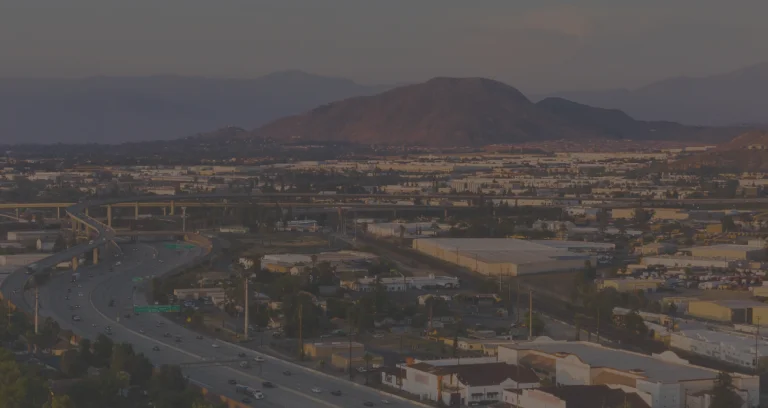What Is Manslaughter?
Manslaughter is a form of homicide, which occurs when one human being kills another. The main difference between murder and manslaughter is that the defendant in a manslaughter case, typically has not planned or premeditated to kill somebody. In California, three types of manslaughter charges may find you in court: voluntary, involuntary and vehicular.
Voluntary Manslaughter
Charges of voluntary manslaughter often refer to a killing that occurred in the “heat of passion.” The classic example is when the husband comes home to find his wife in bed with another man.
Intent to cause harm may be evident, but the plan to kill is not. The killing takes place in the “heat of passion” before a rational thought can be formed and the person charged with the crime may not have had time in which to cool off.
Voluntary manslaughter carries substantial penalties but they are less severe than premeditated murder.
Involuntary Manslaughter
Charges of involuntary manslaughter stem from a homicide that was completely unintentional. Negligence and recklessness are commonly associated with this charge. Unlike voluntary manslaughter, no intended harm is present. For instance, the charge may stem from an auto accident or faulty construction of a building that falls down.
Involuntary manslaughter often results in a prison sentence of less than one year, but it may extend further depending on the circumstances. Sentences tend to be much shorter for involuntary manslaughter charges than voluntary ones.
We Can Help!
If you or a loved one has been arrested in Temecula, Murrieta, Hemet, Wildomar, Menifee, Lake Elsinore, Perris, Banning, Corona, Winchester or Riverside, contact us for a free consultation.


